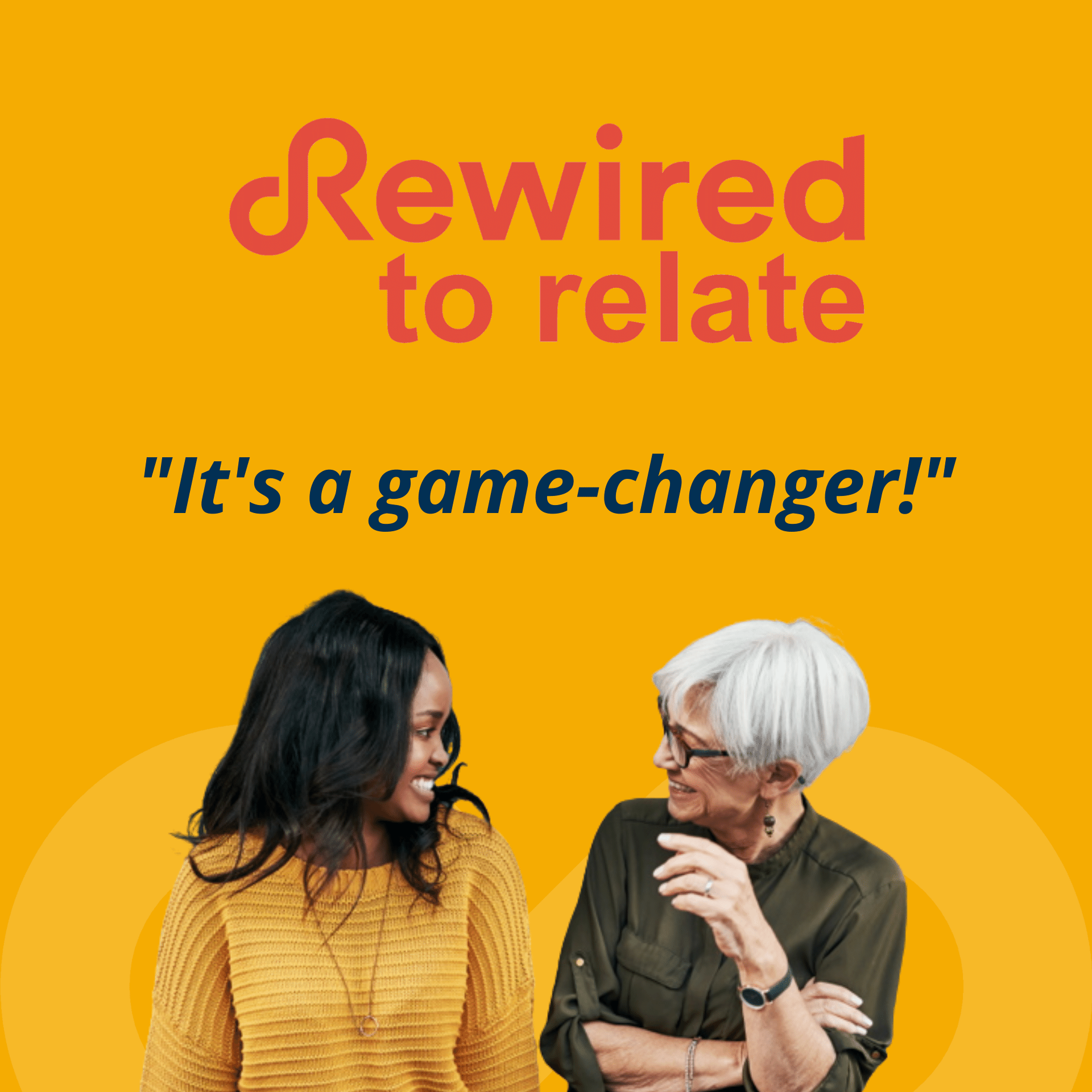
Stop treating people the way you want to be treated (i.e., break the “Golden Rule”!)
“Heresy!” you say? Well, not in today’s world. The “golden rule” says we should treat others as we wish to be treated. But that is rather self-oriented and limited, isn’t it?
If we want to get along well with people, we need to treat them the way THEY want to be treated – at least as often as we can. Leaders will be well-served if they practise this.
Everyone is different
People’s differences may stem from neurodivergence, a cultural background, demographics, or personal preferences. Regardless of the source, these differences will usually lead to people want to be treated in a certain way – unique from others and quite likely, distinct from how you want to be treated yourself.
How do we do this?
If we really want to treat people differently, we first need to get beyond the idea that others want what we want and that they will respond the same way we would. We need to stop thinking about others in our own terms.
Let’s consider different people’s different responses to some current events – you might notice your own response to these events as you consider the breadth of responses from others.
- The energy crisis – this is barely a blip in some people’s financial life, while it means “heat or eat” to many people.
- Global warming creates a wide range of responses from activism to climate change denial.
- Mask-requirements during peak COVID times created eager compliance from some and fervent resistance from others.
- Queen Elizabeth II’s death brings out a lot of appreciation for her as a person, but also a set of angry views from people who see her as part and parcel of an evil empire.
- The ascent of King Charles III may be appreciated by royal fans and it will raise questions about the need for a monarchy from others.
- Think about Elon Musk, Jeff Bezos and Bill Gates – some think these men are capitalist monsters while others consider them geniuses and role models.
- Then there’s hybrid working, virtual meetings, team-building sessions, a new boss, integrating someone new into a team and other business choices will also raise a variety of passionate -or tepid- responses from different people.
Think of how someone’s viewpoint shapes a conversation and shapes how they want to be seen as well. People with different views often want different things; they will want to be treated in different ways and will have different responses to choices leaders or business make.
While we can’t please all the people all the time, we can at least put some attention on those closest to us, get curious about their needs and do what we can to meet them where they are.
We need to work at treating people in a way that works for them
Adapting to people’s different views and opinions is a starting point. It can be a stretch sometimes, but if we are curious and learn about their different world views and how they want to be interacted with, we will start to build our muscles of curiosity, awareness and adaptability.
What about neurodivergent individuals?
And then we might need to raise the bar on ourselves when we interact with neurodivergent individuals. We might need to stretch our curiosity and adaptability even more to meet the needs, desires and comfort levels of people whose brains are wired different from our own – or for people whose life experiences have been more extreme than our own.
In any case, it’s up to us to be curious about the people around us, to find out what their needs are and do our best to meet those needs when we can. To find out more about this, please contact us.
Some more post on this topic:
To help you treat people differently

Our programme Rewired to Relate will help you, your leaders and your team members improve working relationships with a variety of colleagues.
The programme begins by helping people understand their own needs before they learn ways to adapt and interact successfully with a range of other people and their unique needs.
